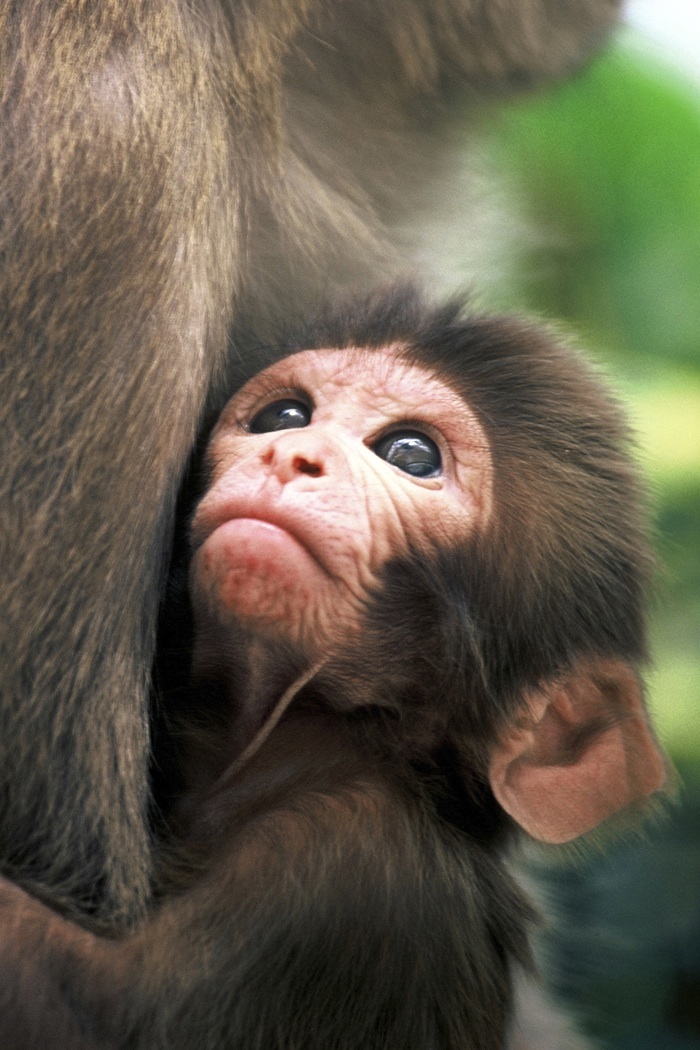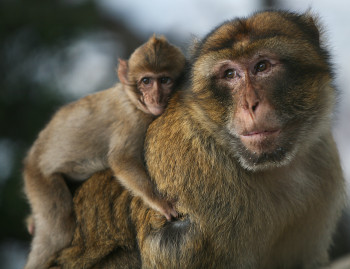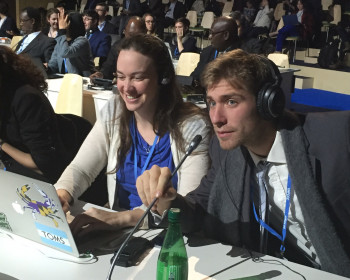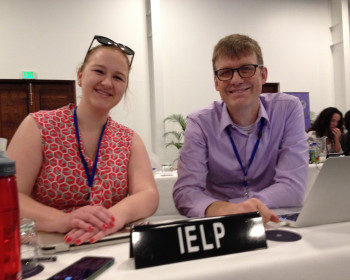Capacity-building in Morocco, protecting macaques
Open gallery

IELP recently provided Morocco’s Environmental Ministry with a legal analysis of Morocco’s wildlife and customs legislation that focuses on the authority that customs officials have to enforce Morocco’s obligations as a Party to the Convention on International Trade in Endangered Species of Wild Fauna and Flora (CITES). Clinical Professor Thorson later traveled to Morocco, where she participated in a customs-training workshop with two leading international conservation organizations, World Wildlife Fund (WWF) and Species Survival Network (SSN).
Morocco’s CITES Authority, as well as many conservation organizations have concerns about Morocco’s exportation of Barbary macaques. Barbary macaques were once common to northern Africa and an important key to Morocco’s natural habitat and, consequently, tourism. Exportation of infant Barbary macaques as pets, along with other factors such as deforestation, has decreased the population. Once fully grown and more aggressive, the macaques are difficult to keep as pets, leading to an overabundance in European animal sanctuaries.

Father and Baby Macaque Photo: Karyn Sig
More Global Law Alliance for Animals and the Environment Stories
Global Law Alliance for Animals and the Environment is located in Wood Hall on the Law Campus.
MSC: 51
email ejt@lclark.edu
Global Law Alliance for Animals and the Environment
Lewis & Clark Law School
10101 S. Terwilliger Boulevard MSC 51
Portland OR 97219

